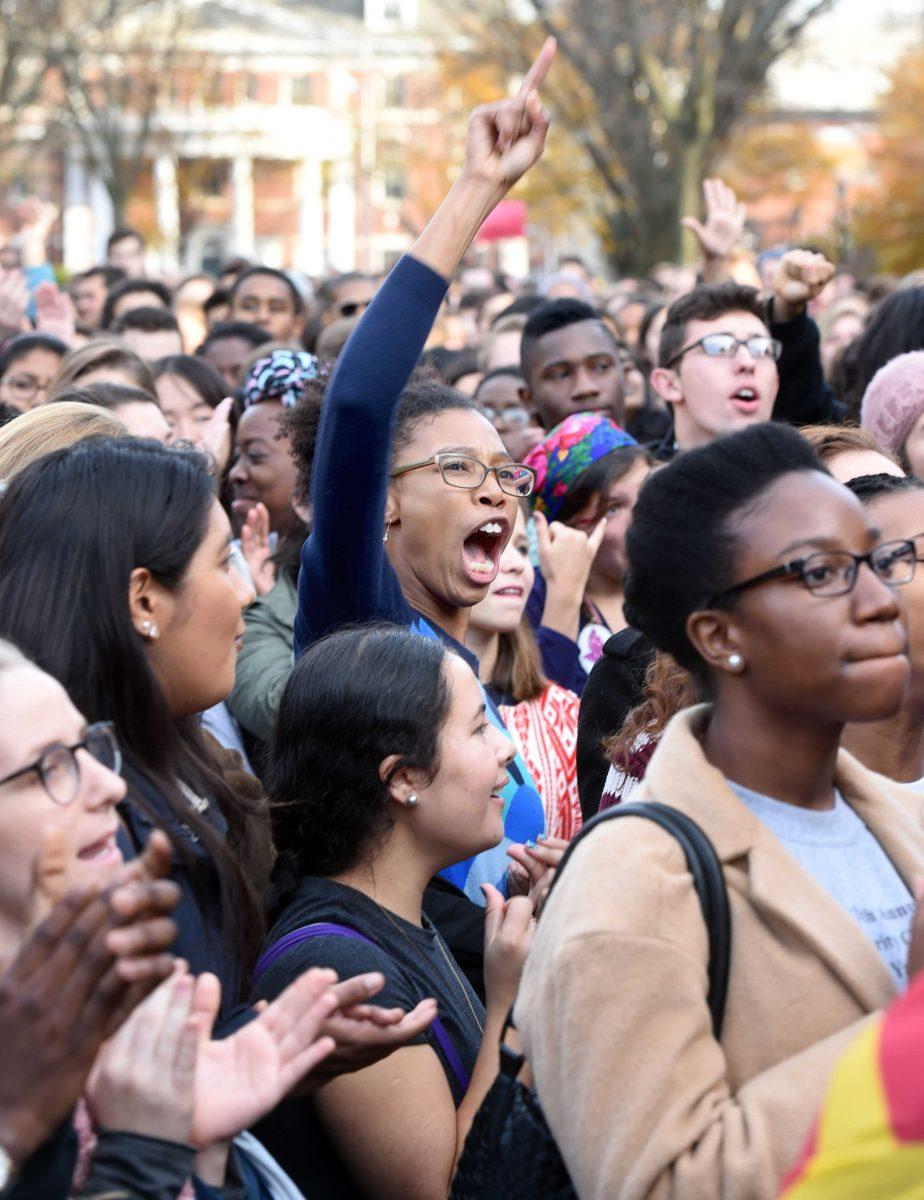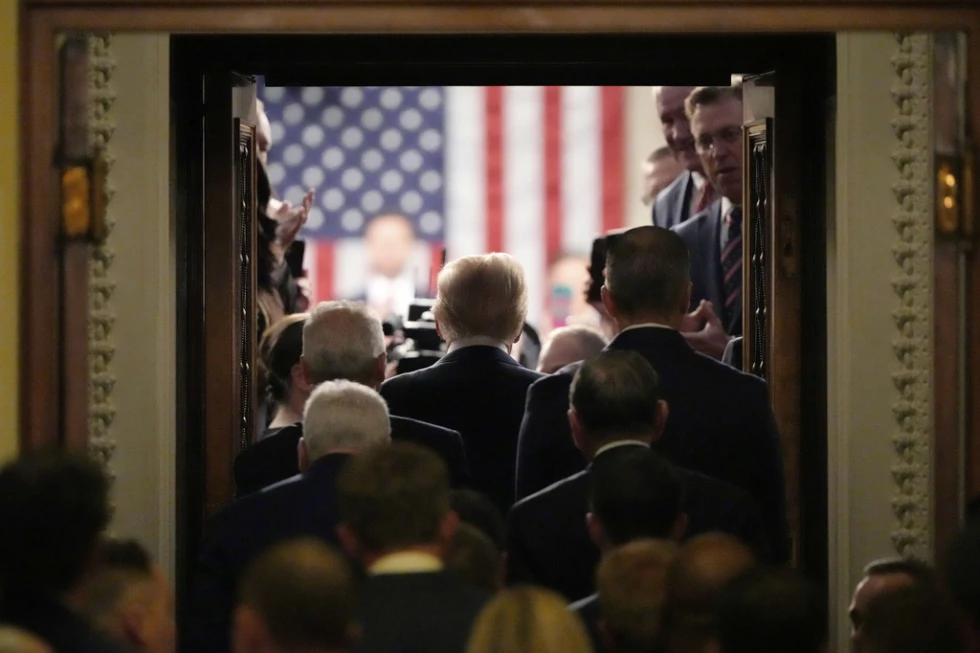Political correctness only proves language is power.
Insults matter. No words sting as much as those used against marginalized groups.
Can you think of the worst word you know to describe a wealthy, straight able-bodied white dude just based on those characteristics? I can’t.
There are slurs for almost every marginalized group, but for those traditionally in power, there are no comparable insults.
The closest thing for white people would be honky or redneck, used as a pejorative for a lower-income white person. Still, there is no insult for someone who has traditionally held power in society: a wealthy, white able-bodied straight male.
So when we have the political correctness debate, it is always important to note marginalized groups are always at a disadvantage.
Words we consider now to be acceptable may be gauche 10 years from now. It takes organizing to convince the broader public these words are unacceptable.
This kind of organizing is happening on college campuses — and it is a fight for groups to define what words describe them. Marginalized groups are demanding respect in college campuses all across America, yet too often commentators simply dismiss these demands for respect and fairness as “political correctness.”
At Yale University, students are furious over an email from Erika Christakis, an associate master — a community leader type position — she sent defending Halloween costumes with the potential to offend students.
She concurred with her husband, a master at Yale, on the subject of racist Halloween costumes: “If you don’t like a costume someone is wearing, look away, or tell them you are offended. Talk to each other. Free speech and the ability to tolerate offence are the hallmarks of a free and open society.”
As a community leader in a position of responsibility, it is shocking someone who works for a university would suggest it is a student’s job to tell other students blackface is wrong.
Yale students are demanding a safe space in a place one should expect safety — your own home. Or in this case, their dorms.
Students aren’t only protesting one administrator who failed to stick up for her students.
According to Aaron Lewis, a senior at Yale, last year there were swastikas found outside a freshman dorm. Students received an email condemning the incident within a day.
College administrators are quick to respond to overt acts of racism like a swastika on campus, or to several chapters of the Sigma Alpha Epsilon fraternity singing “There will never be a n****r in SAE.”
But what about more subtle incidents of racism on campus?
Lewis wrote in the case of SAE, “It took almost a full week for Yale’s president to formally acknowledge students’ legitimate concerns about racism and the incident at SAE. … Students should not have to become community organizers just to receive acknowledgment and respect from their administrators.”
The political correctness debate is all about the golden rule: Treat people how they want to be treated and call people what they want to be called.
People are going to mess up. Learning what words are offensive and their history is an important part of growing up.
It shouldn’t be up to a black student to explain why racism is hurtful, a gay student to explain why homophobia is harmful or for a trans student to explain how transphobia hurts the university.
University administrators shouldn’t place marginalized students in a position where they have to be activists. Administrators should already be there fighting for the entire student body.
LSU can learn a great deal from Yale’s political correctness debate. There’s only one question: What side are LSU administrators on?
Michael Beyer is a 21-year-old political science senior from New Orleans. You can reach him on Twitter @michbeyer.
Opinion: Universities should take the lead on political correctness
November 22, 2015
FILE – In this Nov. 9, 2015, file photo, Yale University students and faculty rally to demand that Yale University become more inclusive to all students on Cross Campus in New Haven, Conn. At schools including Michigan and Yale, students say the protests that led to the resignation of Missouri President Tim Wolfe are emboldening them to take a harder line. (Arnold Gold/New Haven Register via AP) MANDATORY CREDIT
More to Discover









